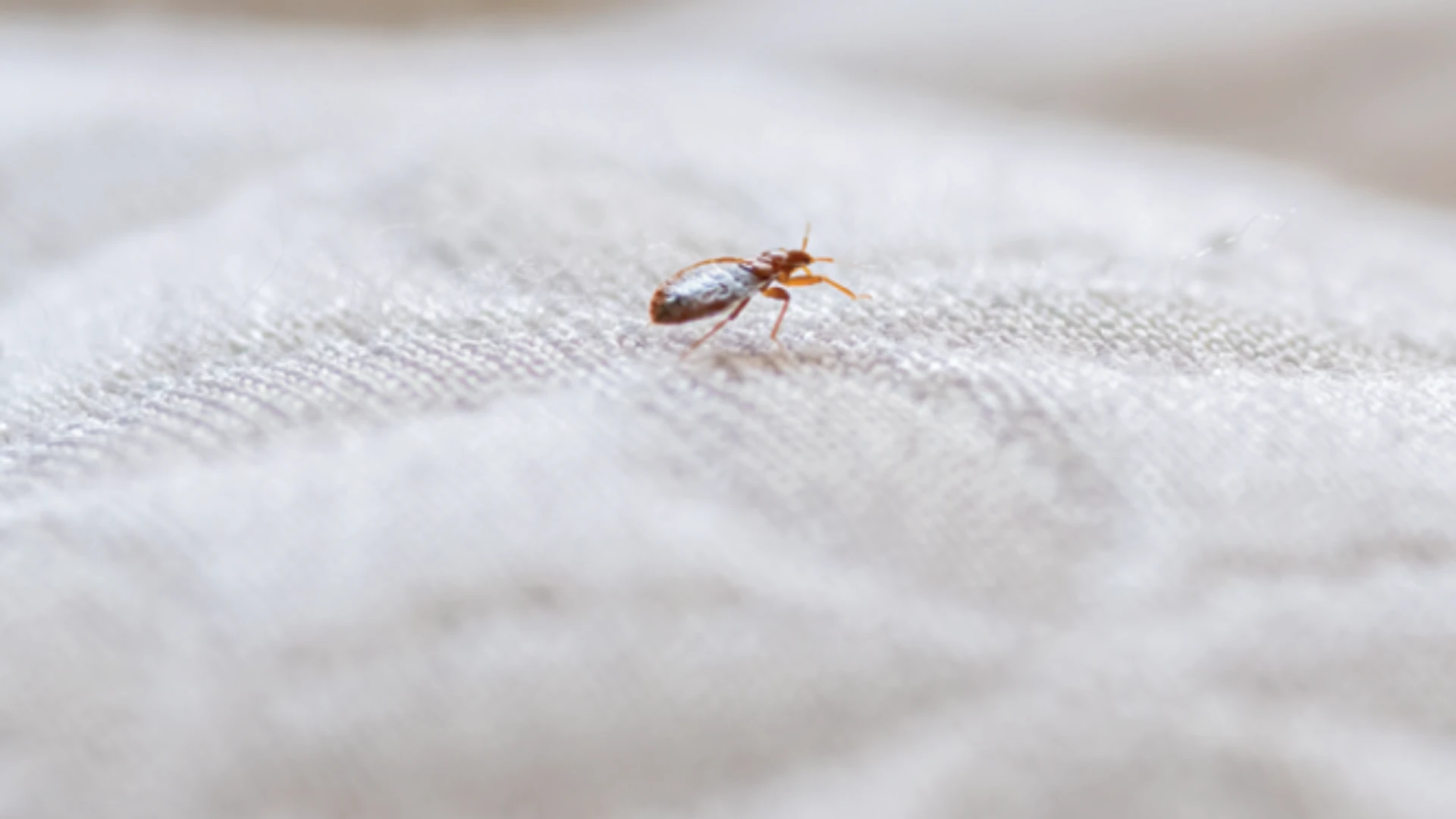The time-consuming labor to inspect, detect and treat for bed bugs can make such jobs a real pain — unless you know a dog like Max or Scooby.
Due to their keen sense of smell, canine bed bug detectives sniff out odor from live bed bugs and viable eggs in cracks, crevices and other hiding places that might be missed on a visual inspection. Their training allows for quick, accurate and noninvasive inspections. As a result, what might normally take a PMP hours can be done by dogs in just minutes — and with more accuracy.
Maximizing Efficiency. Max joined Wil-Kil Pest Control, with headquarters in Sun Prairie, Wis., in August 2009. He created an excitement within the company as well as in the news media. "We not only claim we are innovative and progressive, but Max is that extra step that helps differentiate us," says Randy Allen, regional manager for Wil-Kil Pest Control. "Plus, we’ve been able to generate a great deal of positive publicity as a result of his work."
Allen says clients who were having bed bug issues were asking about scent detection dogs, so Wil-Kil had a small client base waiting for Max even before he arrived from J&K Canine Academy, High Springs, Fla. Now, he’s working nearly every day, offering inspection efficiency, a reduction in product costs and peace of mind for clients. "We are gaining revenue from inspections, but also from the treatment service we provide if he does detect bed bugs," Allen says. "In addition, we bring him back after treatment to validate the dwelling is clear so our clients are assured their facility is bed-bug-free."
Max attends all company meetings, and the staff loves hearing about his success. He was also a good investment, quickly paying for himself in a few months with the treatment work he has brought in. To learn more about Max, visit www.wil-kil.com.
Sniffing ’Em Out. Rather than purchasing a bed bug detection dog and incurring the cost of training and dedicating a handler, Batzner Pest Management, New Berlin, Wis., partners with Bed Bug Solutions, an inspection-only company that employs Scooby to quickly and conveniently identify and confirm bed bug infestations, enabling the Batzner team to take action immediately to eliminate the problem.
"We used Scooby to inspect a large house in Milwaukee and only found bed bugs in two items — a suitcase and a backpack. We discarded them and no treatment was needed," says Jerry Batzner, president, who thinks that the use of bed bug detection dogs will change the treatment protocol drastically.
"Once the dog detects the bed bugs, in many cases we will be able to spot-treat those areas and then come back with him at a later date to verify the treatment was effective," Batzner says.
With more bed bug problems in the hospitality, housing and health-care industries, Batzner says working with an independent inspector brings added expertise and credibility to his service offering.
"What’s great about working with Bed Bug Solutions is that Scooby and his handler bring in best practices from vast experience inspecting many different types of facilities where we are seeing more and more bed bug issues such as hospitals, apartments, nursing homes and health-care clinics," Batzner says. "Also, when we use an independently owned company, it builds in a level of checks and balances. The scent detection dog is not an investment to protect, but rather has a vendor-client relationship with us. An outside relationship also allows us an on-demand increase in production, such as performing large-scale inspections in less time with multiple scent detection dogs, which would not be possible with an internal dog." To contact Batzner Pest Management, visit www.batzner.com.
Hunting Termites. Scent detection dogs are commonly trained to detect termites as well. Nick Lupini, president of Loyal Termite & Pest Control, Richmond, Va., purchased Hunter from trainer Bill Whitstine of the Florida Canine Academy in April 2002.
"We added him to our staff as something that separates us from other companies in the area," Lupini says. "We sent out e-mail news alerts, and he was featured on every station and in print within the first three months of getting him. He’s paid for himself in positive publicity alone."
As far as generating business, Lupini says, Hunter’s impact has been phenomenal.
"People are animal lovers. They tell us they saw his picture on one of our trucks or in a commercial, then they go to the phone book to look for the company that uses the dog," Lupini says. "The company has doubled in size in the last eight years, and although we can’t attribute that growth to Hunter alone, he has played a big part in it."
To see Hunter in action, visit www.loyalpest.com.
Talking Training. Whitstine has been training dogs to detect bombs, arson, drugs and termites for more than 15 years. As owner of the Florida Canine Academy, Whitstine established the first certification process for bed bug detection dogs and handlers and now trains man’s best friend to help pest management professionals fight the war against bed bugs. Today, he has trained close to 150 bed bug detection dogs that work in the Canada, England, Finland, Japan, Mexico and the United States.
"Bed bug detection dogs have allowed pest management professionals to be much more accurate in their inspections and catch bed bug problems before they grow into large and hard-to-treat infestations," Whitstine says. "Plus, after treatment, bed bug detection dogs can revisit the site to verify an effective treatment. It’s good for customers, and good for business."
At the Florida Canine Academy, bed bug detection dogs receive 600 to 1,000 hours of training and are proven to be proficient in their duties before the handler arrives at the academy. At the end of the course, Whitstine verifies that each canine team is capable of discriminating bed bug infestations.
Training includes minor obedience, odor identification, search patterns, scent discrimination, various types of building search areas, socialization and vehicle rides. The handlers’ training includes canine handling, search patterns, working in different types of structures, proper care for the dog, canine first aid and CPR, sampling, as well as minor obedience techniques.
The dogs get rewarded with food when they find bed bugs and since that’s how they eat, handlers have to work the dogs every day. That means companies with bed bug detection dogs need to keep a supply of live bed bugs on hand. However, there’s no need to roll up your sleeve to let the bed bugs feed, as companies usually can collect a new batch of bed bugs each week from the sites they inspect. Other options include ordering them from a lab or through the Natural Museum of Science in New York City.
The author has been writing about the pest management industry for more than 15 years. She can be reached at cbrazell@giemedia.com.

Explore the August 2010 Issue
Check out more from this issue and find your next story to read.
Latest from Pest Control Technology
- Guest Editorial: Let’s Take the Lead Promoting Proactive Pest Management
- ohDEER Announces Additions to Expand Franchise Development and Support Teams
- Arrow Exterminators Acquires Davis Exterminators
- Pest Management Foundation Announces Plunkett’s Pest Control Scholarship
- Envu Expands Strategic Partnership with the National Pest Management Association
- Kelly McDonald’s Eight Strategies for Working with People Who are Not Like You
- Clements Pest Control Acquires The Bug Dr.
- In Memoriam: Norman O. Besheer





